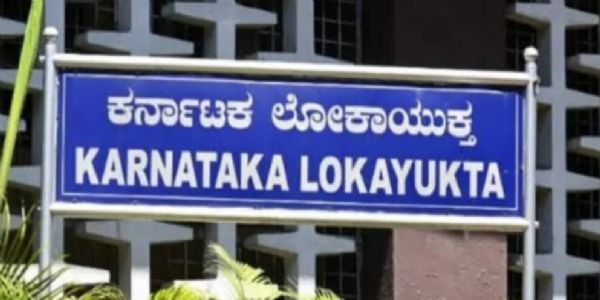
New Delhi, May 30(HS): The Supreme Court has directed the National Board of Examinations (NBE) to hold the NEET-PG 2025 exam in a single shift on June 15, emphasizing fairness and transparency. A bench of Justices Vikram Nath, Sanjay Kumar, and N.K. Anjaria judged that conducting the exam in two shifts could lead to arbitrariness and an uneven playing field, as the difficulty of question papers might differ. The Court noted that, despite last year's exceptional circumstances for two shifts, the NBE should aim for a single shift this year.
The NBE's argument regarding insufficient centers was dismissed by the Court, which highlighted that technological advancements should facilitate finding enough centers in a country of India's scale. With over two weeks until the exam, the Court asserted that the NBE has enough time to secure appropriate venues for a single-shift exam and called for full transparency in arrangements for the test.
The directive responds to growing concerns among medical aspirants about fairness in high-stakes exams conducted in multiple shifts, especially after last year’s NEET-PG results raised issues of normalization and discrepancies. Candidates reported inconsistencies when comparing their responses with unofficial answer keys, escalating dissatisfaction with the multi-shift approach.
When the exam notification for NEET-PG 2024 was released, aspirants urged that the exam be conducted in a single shift. Two petitions were filed in the Supreme Court addressing related concerns. The first, submitted by Dr Ishika Jain and fellow aspirants, requested the release of answer keys, individual scorecards, and the establishment of a grievance redressal mechanism, emphasizing the need for transparency and fairness. The second petition, from the United Doctors’ Front, challenged the two-shift format of NEET-PG 2025, raising issues about the variations in question paper difficulty and the opaque nature of the score normalisation process, advocating for a fairer evaluation system.
Normalisation is critical in multi-shift exams where different question papers are used. Variations in difficulty can affect scores; for example, if students with Set A average 70 marks, those with Set B average 75, and Set C 80, it indicates Set C was easier. The normalisation process adjusts scores to ensure fairness—students scoring on the easier paper may have marks reduced, while those on a harder paper might receive additional marks. This mechanism aims to prevent unfair advantages based on paper difficulty, thereby promoting equitable assessment among all candidates.
Hindusthan Samachar / Jun Sarkar







